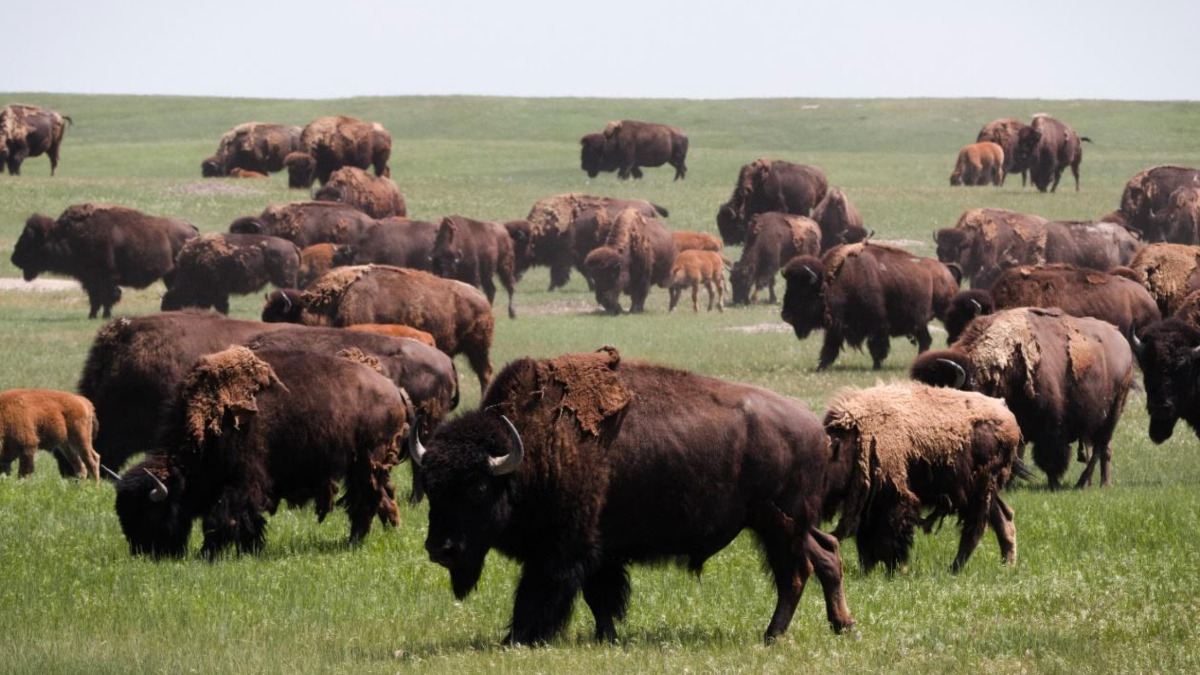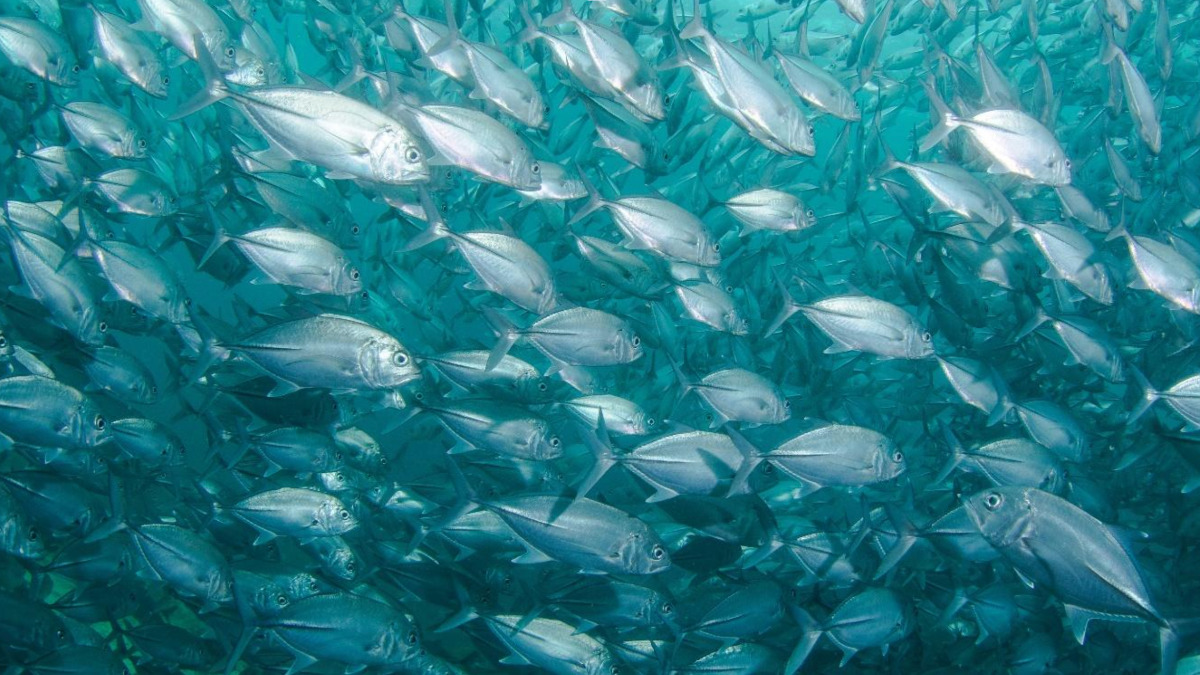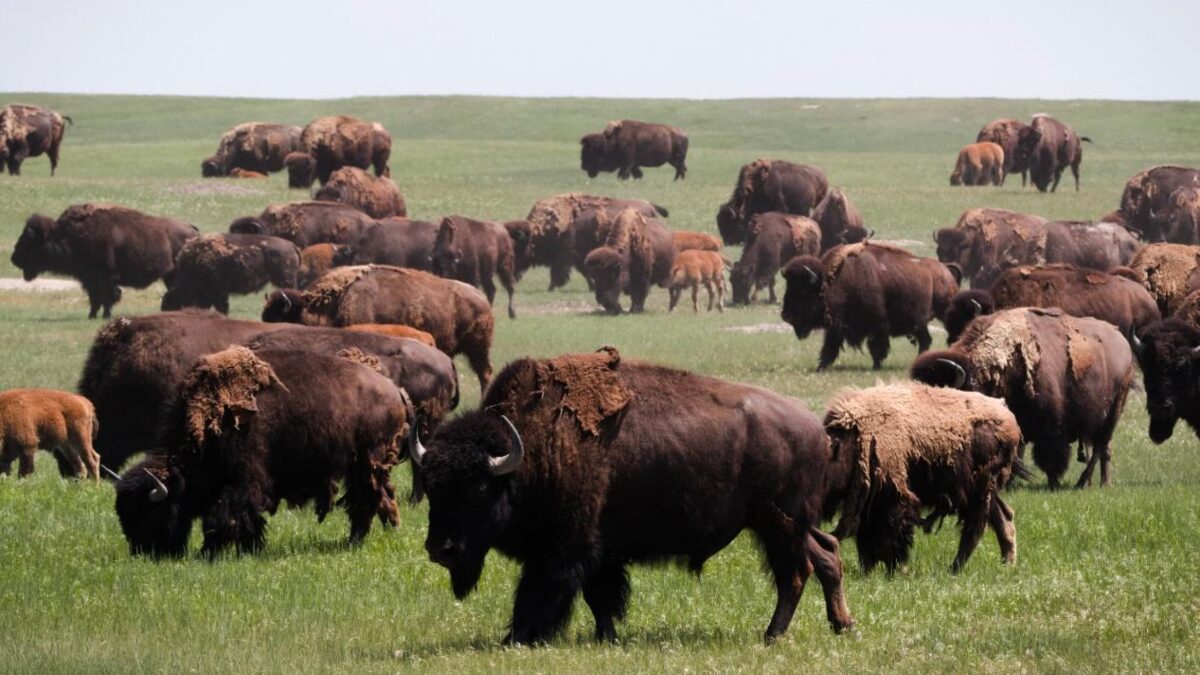A New Weapon to Combat Climate Change

As summer approaches in the Northern Hemisphere, many are wondering how bad it is going to get this year. Our neighbors in Canada are already experiencing record spring fires with the area burned at around 5 million acres thus far. A large area of Southern Europe and Northern Africa experienced high temperatures in April usually only seen in late summer.
Two approaches are most often reported on how to combat climate change: (1) reducing the burning of fossil fuels for energy via accelerating renewable energy development and (2) increasing the capture of carbon from the atmosphere through reforestation (planting of more forests) and proforestation (allowing forests to grow old). But there is another very important carbon regulator that deserves much more attention – restoring populations of wild animals (or trophic rewilding).
The Main Story…
Trophic rewilding is an ecological restoration strategy aimed at restoring and protecting functional roles of animal species in ecosystems. In a recent publication in Nature Climate Change, 15 co-authors from eight countries report that trophic rewilding can provide huge benefits in reducing atmospheric carbon. Wildlife populations maintain healthy ecosystems which, in turn, pull more carbon out of the atmosphere and store it. The authors provide numerous examples of how wildlife populations on land and sea protect existing carbon stores and enhance further carbon capture.
All of this at a time of extreme, rapid declines in many wildlife populations. According to the Living Planet Report 2020, World Wildlife Fund reports monitored vertebrate wildlife populations have declined 69% on average since 1970. Trophic rewilding requires a new conservation focus that enables wildlife populations to reach meaningful densities again, which will stem the tide of wildlife declines for their own sake while helping to restore carbon balance of the planet at the same time.
Nature is amazingly resilient if given the opportunity. Rewilding activities both large and small are accelerating all over the world (see the Global Rewilding Alliance). We have much to do and time is of the essence. It is truly an “all hands-on deck” moment in history.

